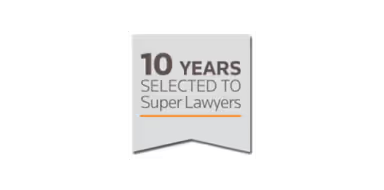standing by to help
Premises Liability and falls
Premises liability claims occur when someone is injured on another person’s property due to their failure to operate or maintain the premises in a reasonably safe manner. A premise can be anything from an apartment complex to a mall to a hospital or a public park.
The duty of care owed by the owner or operator of a property to a visitor of the property depends upon the nature of the property, as well as the purpose for which the person has come onto the property. The law holds that the highest duty of care is owed by a commercial property owner to a customer, who has come onto the property for the financial benefit of the owner or operator.
Whether you are a customer, resident, or simply a guest on these premises, you are owed a specific duty of care. That means if walkways are icy, lighting is improper, or security is inadequate, the owner or operator of a property may be held liable for any accidents or injuries that occur on that property.
Types of premises Liability and Falls cases we handle
Falls on Commercial Premises
Why Choose Levinson Axelrod, P.A.
Levinson Axelrod, P.A. understands that premises liability cases can be complicated—especially when public entities are involved. The good news? You don’t have to try to navigate your case alone.
Our New Jersey premises liability attorneys are skilled at handling such claims and have a track record of success in and out of the courtroom. In fact, we have recovered more than $350 million for our clients in just the last five years alone.
*Results may vary depending on your particular facts and legal circumstances.
Meet Our Local Premises Liability Attorneys
Reviews & Testimonials
case results
$12,500,000
$7,000,000
$8,000,000
$987,000
$6,000,000
$3,500,000
An Award-Winning Law Firm















